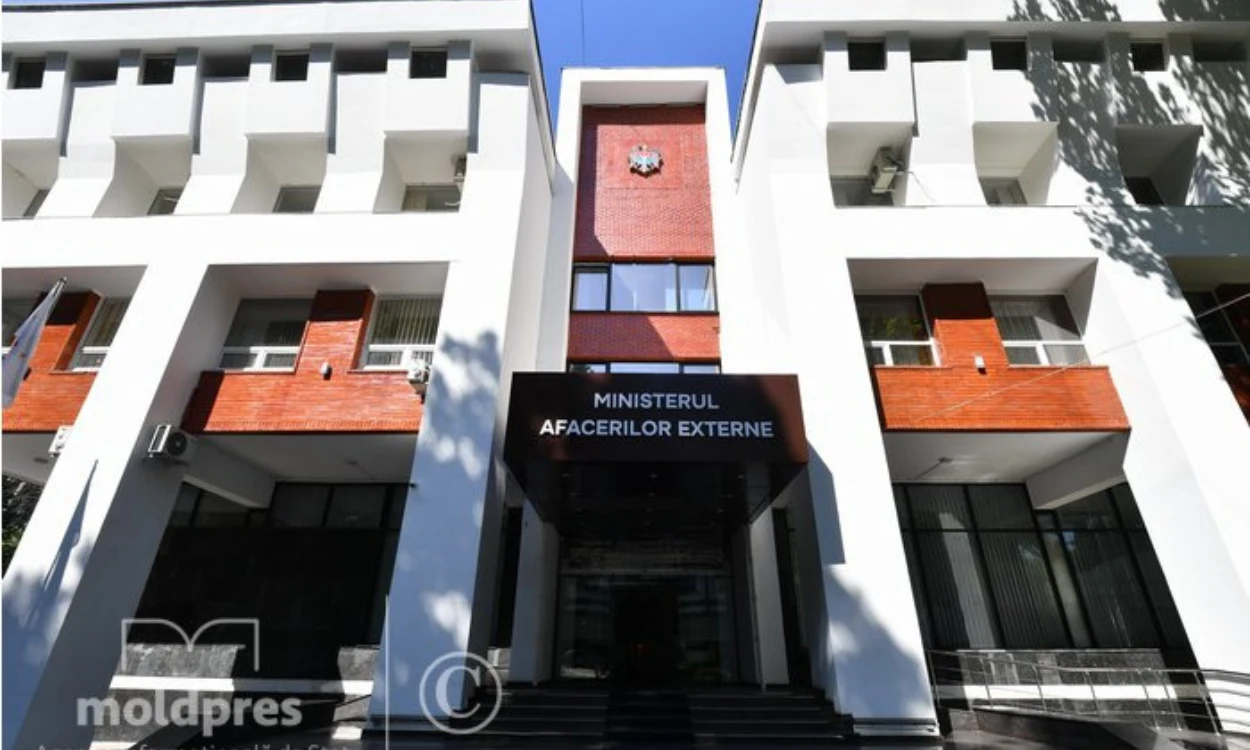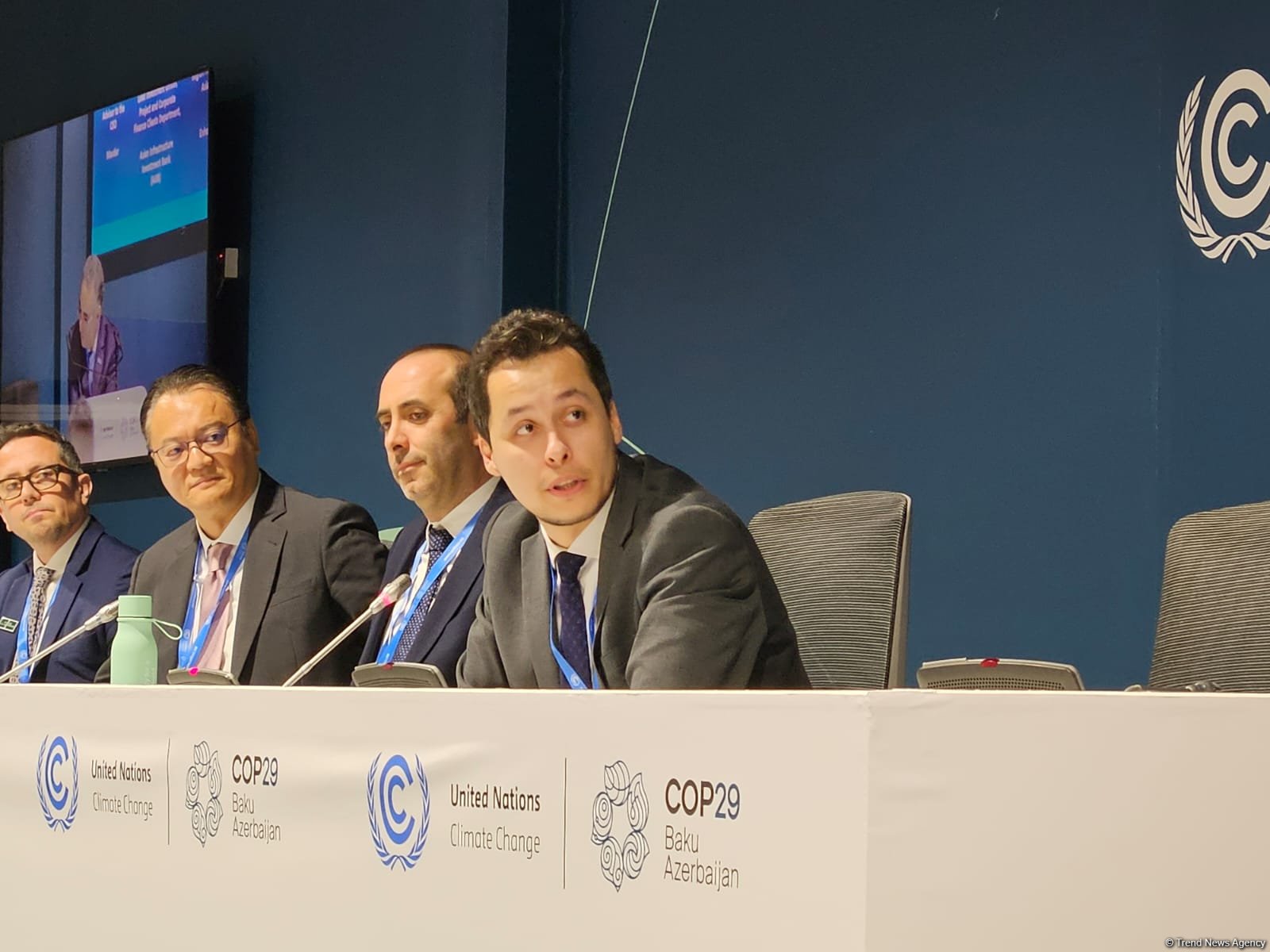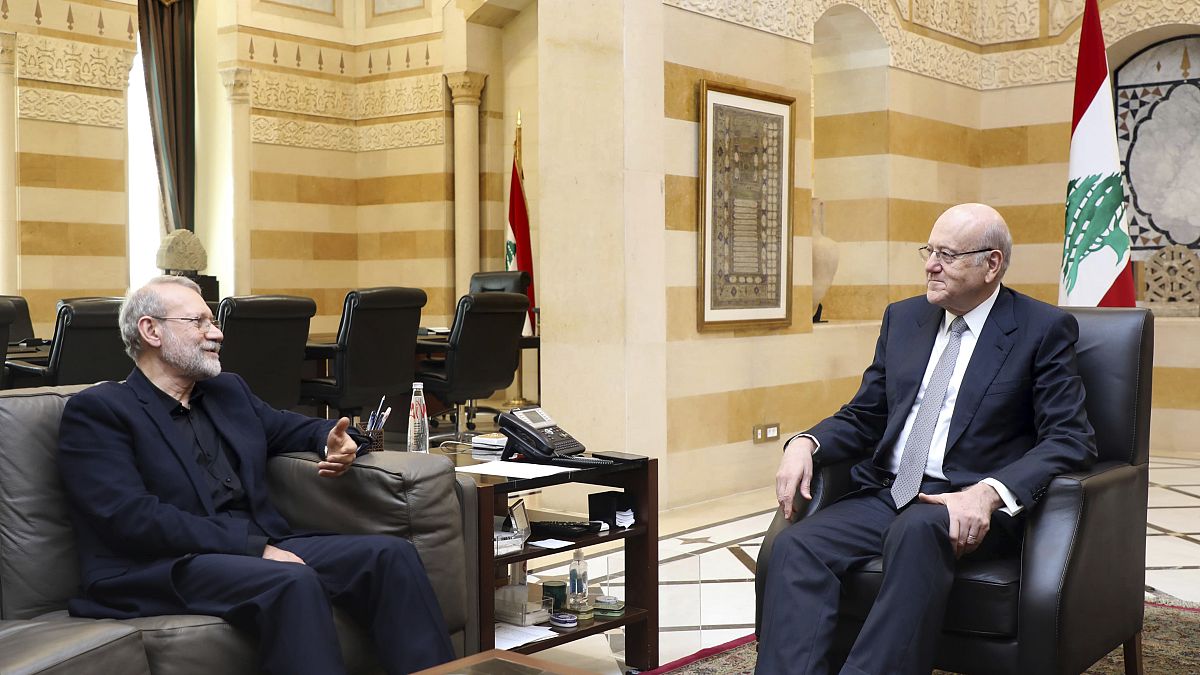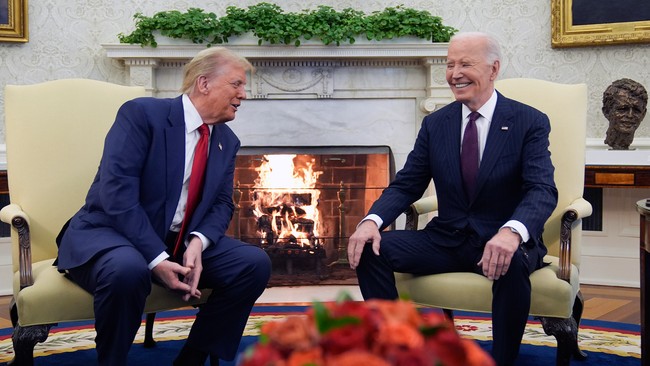LONDON — The U.K. has sanctioned Iran over its alleged supply of drones to Russia for use in the war in Ukraine, while Moscow accused the British government of reaching “unsubstantiated conclusions.”
Britain announced the sanctions Thursday against three Iranian generals — Mohammad Hossein Bagheri, Seyed Hojjatollah Qureishi and Saeed Aghajani — and Shahed Aviation Industries, the Iranian manufacturer of the drones used by Russia in Ukraine.
The generals and the company will be subject to an asset freeze. The individuals will also be banned from entering the U.K., the Foreign, Commonwealth and Development Office said. The announcement comes just hours after the EU formally agreed on sanctions against Iran for the same reason.
Ukraine has been hit by a barrage of drone attacks against critical infrastructure over the past few days, as part of what Western officials have called a deliberate attempt by Moscow to destroy its electricity, heating and water networks before the winter.
Kyiv has identified the devices as Iranian Shahed-136 drones, which are known as loitering munitions or “kamikaze drones” in the defense industry because they explode on impact, causing great damage and casualties.
Britain and France concluded earlier this week that the use of Iranian-made drones by Russia in Ukraine violates the U.N. Security Council Resolution 2231, which bans Iran from making transfers of specific military technologies. Their assessment has been backed by the U.S. State Department.
British Foreign Secretary James Cleverly said Iran’s drone supplies to Russia “is clear evidence of Iran’s destabilizing role in global security.”
“These cowardly drone strikes are an act of desperation. By enabling these strikes, these individuals and a manufacturer have caused the people of Ukraine untold suffering,” Cleverly said. “We will ensure that they are held to account for their actions.
Iran has denied supplying these drones to Russia, but U.K. Defense Secretary Ben Wallace told the House of Commons Thursday the government is not convinced by Iran’s denials of the drone supplies, which he likened to Nazi Germany’s bombings of Britain during World War II.
Wallace urged Tehran to halt those supplies “as soon as possible.”
“I would urge the Iranian government to understand that surely supplying Russia to indiscriminately kill civilians, women and children, babies in prams, is not an activity that Iran wants to be associated with,” he said.
The U.K. Foreign Office says Qureishi is the key Iranian negotiator in the deal that has provided Russia with the Iranian-made drones, while Bagheri has overseen the army branches delivering the devices. Aghajani has been targeted as the head of the Islamic Revolutionary Guard Corps (IRGC), which has reportedly sent 50 specialists to Ukraine to train Russian forces on the use of those drones.
Russia’s foreign ministry on Thursday dismissed the drone accusations as “rumors” and accused the West of putting “pressure” on Tehran.
“Everything that is now being done on the Iranian track is subordinated to one goal — pressure on this country,” ministry spokeswoman Maria Zakharova said. “And Washington is mobilizing NATO and EU countries for this in support of its position.
“This is all nothing more than a set of unsubstantiated conclusions and far-fetched assumptions that Britain and France are trying to build into a structure and every time it collapses in front of everyone,” she added.
This article is part of POLITICO Pro

The one-stop-shop solution for policy professionals fusing the depth of POLITICO journalism with the power of technology
Exclusive, breaking scoops and insights
Customized policy intelligence platform
A high-level public affairs network





















Discussion about this post